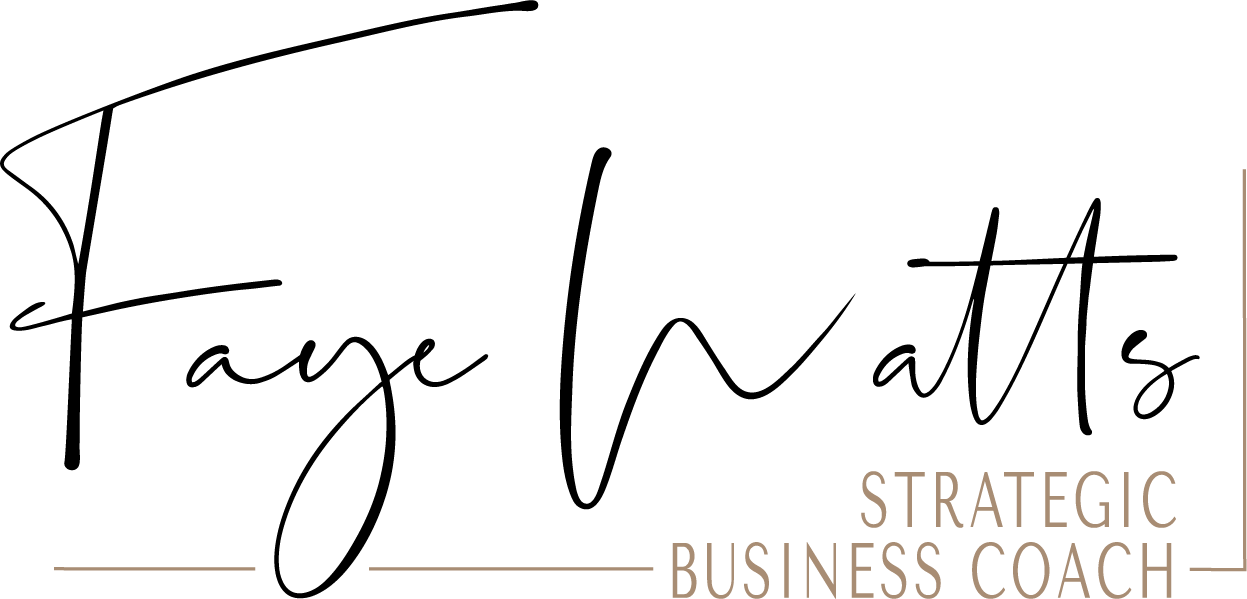NEALA OKUROMADE
EMPOWERING AND ENCOURAGING WOMEN INTO FINANCE
Neala, tell us about your work
I deliver finance seminars/talks in colleges, universities, local community groups, churches etc. I have also just completed my second book on personal finances; this book is in a series of finance books I aim to write over the next few years of which I have now completed two. The aim of these books is to address the often-complex issues of financial planning and money matters making it simple, easy to use and easy to apply the principles and concepts learnt from the books. I took the knowledge and experience I acquired from my years in the corporate world and have tailored the information to individuals and families.
How did you get into this? I.e. did you attend university, and/or fall straight into a role or was it a more roundabout journey?
I completed my A-levels in Trinidad and Tobago and came to England as a foreign student to study ACCA (Association of Certified Chartered Accountants) in my very early twenties in1998. I did not pursue the university route as two experienced professional accountants I knew personally, advised that studying ACCA was the better option than having a degree in Accounting. It was an unconventional route to take and I was grateful I had people around me with the right knowledge and information to guide me in my career path. After completing the ACCA I worked for a short period of time as an accounts clerk in the city until it was time for me to go back to my home country Trinidad. During that time as a clerk I took the opportunity to not only do my job to the best of my ability but also to learn as much as I could in the organisation I worked at. I would complete my job as quickly as possible and then assist others with their finance roles. I used this chance to absorb and gain knowledge on how a finance department worked. I learnt the workings of the purchase ledger, the sales ledger, bank reconciliations, creditors and debtors report etc. to deepen my knowledge and develop my skillset. I won an award from the agency that outsourced me as “Best Employee of the Month”.
The effort and dedication that I put into that temporary job opportunity paid off as an opportunity beyond my wildest dreams presented itself. A few months after living and working at a good company as an Accountant in Trinidad and Tobago, I was head hunted by the same company in the city to come back to England and work with them as an Accountant. The company had experienced a high staff turnover in its finance department since I had left and needed a person familiar with the accounting package and the systems / procedures. My commitment and dedication opened up doors for me I thought would never be possible.
Fortunately I realised quite early on in my career that I had a knack for coming into a finance department and helping that department become more efficient and productive through introducing systems and procedures that best suited the company. I believe this was the launching pad for the success I have had in my career to date, as I was able to recognise and utilise my niche area and pick job opportunities accordingly.
These were the job positions I took enabling me to grow in my role as an accountant and afforded me the opportunity to climb the corporate ladder quicker than those who were just as experienced or qualified as myself. The obvious next big role in my career would have been Director of Finance, a role I no longer desired. It was the height of the financial crisis in the year 2011. Through the years working in Finance a desire had birthed in me to take the principles and concepts I acquired from my accounting profession and the different roles I have held and transfer this information into a format suitable for teaching personal finances. I wanted to take accounting principles/ concepts and apply it to everyday personal finances in a format that was user friendly, simple and most of all helped individuals and families better handle the finances that come their way.
Can you explain what a typical day for you would be?
I remembered when I was the Associate Director of Finance for the rapidly growing company, my leadership team would often say to me I needed to be less active doing/ spreadsheets, meetings etc. and needed to be more active finding a quiet space to think. That was a bit of a shell shock, I was being paid to quiet my mind and think. I needed to get my mind from the busyness of my day-to-day role and look at how I could develop the department for the future. I needed to think about:
The structure of the department
Employees and their roles
Systems and procedures and its effectiveness
I realised the more space I found to think the better I was able to run the department more effectively. I had to learn to delegate out my workload to free up my time. This meant learning to trust my employees to do their jobs and to do it well without me being constantly around. I had to learn to let go. This was good for me and beneficial for my employees who relished the opportunity to show what they can do. It also motivated them to work together with me as a team for the success and good of the organisation. They gave me space, I gave them opportunity to grow and learn, and it turned out to be a win-win situation.
This did not come easy learning how to develop and manage people. In my earlier days of managing people when I started holding key financial positions I was often quite naive, brash and full of it i.e. felt I knew everything there was to managing people and running a finance department. Accounting principles are easy to learn and apply on the other hand managing people and their different personality types often proved quite difficult. In my earlier days managing people I would say I failed miserably at it. Fortunately I was able to recognise my mistakes and learn from them. This happened quite earlier on in my career and I am grateful that it happened then and not later on. I believe one of the key the reasons I was able to climb the corporate ladder so quickly was the fact that I learnt to respect and value the people that worked for me. I took the time to befriend them and help them succeed in their jobs, as I truly believe this is a key element missing from many departments especially within finance departments. Taking the time to learn and respect your employees and understand their journey, makes working in finance rewarding and attractive.
What’s your experience from a woman’s point of view? Would you say it is a good job for a woman?
Definitely yes! It is an extremely rewarding and satisfying job, especially when you can help steer a small or medium size company to success whether that be meeting its goals or targets or expanding the size of the company. Like any job it doesn’t come without its challenges, often times there are steep learning curves. You have to be willing to learn, grow and be taken out of your comfort zone. Having a key role in Finance can be very demanding and taxing, you have to be prepared to make the necessary sacrifices involved. For me I relished the challenge and obstacles that comes with the territory, especially when you work to your strengths.
What would your advice be to someone thinking of entering this profession?
Be willing to learn, learn, and learn some more. Because I invested time learning the systems and procedures in my first accounting job, even when it was not necessarily within my remit, I was head hunted by this same organisation later on. You never know when opportunity will come knocking at your door.
Do not be intimidated by others in your field, even when men dominate the top positions. When I started climbing the corporate ladder many looked down on me because I wasn’t English, because I was a woman and due to the fact I was a relatively young leader in an influential position. I didn’t let that deter me from achieving my career goals. People skills are also a vital element as a Finance leader. I made many mistakes in my earlier days but I learnt from them and this helped me become not only better in my role but a better person overall. One of my key mottos is ‘people don’t care what you know until they know that you care.’
What’s your best financial advice for any woman?
This one is very funny – I have come to the conclusion that though many people work in Finance or Banking, it does not necessarily mean they are good with their personal money! Sometimes they prove to be the exact opposite. I would recommend the principles and concepts you use in running your finance department effectively can be transferred over to your personal finances. Also, have a financial plan in place that allows you the freedom to start a family if you wish and return to work at the right time for you. Just because children comes along that does not mean the end of your career. For me I was able to transition into a role where I can be around my children and still do finance. If I want I can still get back in the race to climb to the top. I guess that is no longer my dream but that doesn’t mean I am not successful in finance. I would say YES I am.
Neala Okuromade is a member of the Association of Certified Chartered Accountants and has over fourteen years’ experience in accounting. During this time she has been: Project Accountant for a large Property Company, where she supervised a multi-million pound project setting up the finance systems and procedures; a Financial Controller of a Property Exchange Service Company, which was later bought out by an American Nasdaq listed company; and the Associate Director of Finance for one of the most reputable charities in England and Wales at the time.
Twitter: @nealaokuromade
Website: www.whatsyourfinancialgameplan.com
Faye Watts is a Strategic Business Coach and founder of London accountancy firm, FUSE Accountants. Sharing business development skills with business owners like you through planning, coaching and advisory. She is also the co-founder of Audrey an online platform for women who know there’s more to life and sits on the board of various organisations, including as a trustee for the charity Neuroblastoma UK











